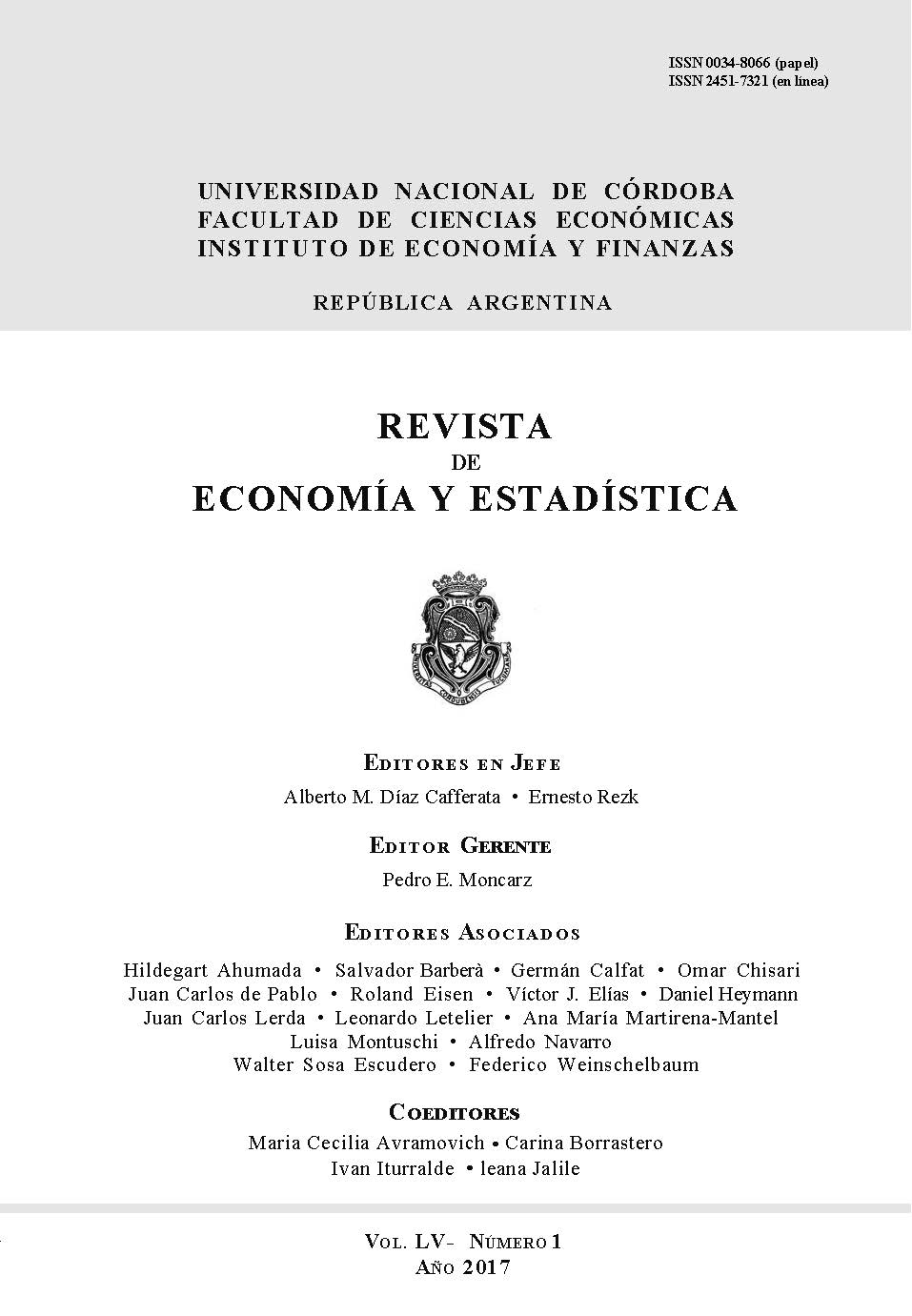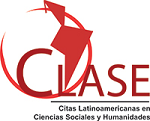Campaign finance and national elections: An empirical investigation for Argentina, 2005-2013
DOI:
https://doi.org/10.55444/2451.7321.2017.v55.n1.28364Keywords:
campaign contributions, elections, incumbency adantageAbstract
In this paper we examine the impact of campaign contributions on electoral results in Argentine national elections for the period 2005-2013. Using previously unavailable micro-level data on private campaign contributions we test several hypothesis concerning the relationship between contributions and electoral results. Our findings suggest that while parties receive both public and private funds, only private contributions are significantly associated with electoral performance –i.e. the higher the ratio of private to public contributions the higher the vote share. Interestingly, while challengers see an increase in vote shares as a result of an increase in private contributions, this is not the case for incumbents. One possible explanation for this is that incumbents have other sources of funding available to them –official advertising, informal campaign spending- which may be substitutes to formal private funding. This may have important implications in terms of policy design as limiting (or even prohibiting) private contributions may actually be more detrimental to challengers than to incumbents, with the likely effect of increasing incumbency advantage even further.
Downloads
References
Abramowitz, Alan I. (1988). “Explaining Senate Election Outcomes.” The American Political Science Review, 385–403.
Chappell, H. W. (1982). “Campaign Contributions and Congressional Voting: A Simultaneous Probit-Tobit Model.” The Review of Economics and Statistics 64 (1): 77–83.
Feldman, P., and J. Jondrow. (1984). “Congressional Elections and Local Federal.” American Journal of Political Science, 147–64.
Ferreira Rubio, Delia, Griner, S., and Zovatto, D. (2004). “Financiamiento Polı́tico: Rendición de Cuentas Y Divulgación.” In De Las Normas a Las Buenas Prácticas. El Desafı́o Del Financiamiento Polı́tico En América Latina, OEA/IDEA, San José, 77–106.
Gerber, A. (1998). “Estimating the Effect of Campaign Spending on Senate Election Outcomes Using Instrumental Variables.” American Political Science Review, 401–11.
Green, D. P., and J. S. Krasno. (1988). “Salvation for the Spendthrift Incumbent: Reestimating the Effects of Campaign Spending in House Elections.” American Journal of Political Science, 884–907.
Jacobson, G. C. (1978). “The Effects of Campaign Spending in Congressional Elections.” The American Political Science Review, 469–91.
Jacobson, G. C. (1985). “Money and Votes Reconsidered: Congressional Elections, 1972–1982.” Public Choice 47 (1): 7–62.
Levitt, S. D. (1994). “Using Repeat Challengers to Estimate the Effect of Campaign Spending on Election Outcomes in the Us House.” Journal of Political Economy, 777–98.
Moon, W. (2002). “The Paradox of Less Efficient Incumbent Spending: Theory and Tests.” In Annual Meeting of the Midwest Political Science Association, Chicago, Il.
Palda, F., and K. Palda (1998). “The Impact of Campaign Expenditures on Political Competition in the French Legislative Elections of 1993.” Public Choice 94 (1): 157–74.
Ragsdale, L., and T. E. Cook. (1987). “Representatives’ Actions and Challengers’ Reactions: Limits to Candidate Connections in the House.” American Journal of Political Science, 45–81.
Rubio, D. and M. Ferreira. (1997). Financiamiento de Partidos Polı́ticos. Konrad Adenauer Stiftung.
Samuels, D. (2001). “Incumbents and Challengers on a Level Playing Field: Assessing the Impact of Campaign Finance in Brazil.” The Journal of Politics 63 (02): 569–84.
Downloads
Published
How to Cite
Issue
Section
License
Copyright (c) 2017 Sebastián Freille, Pablo Soffietti

This work is licensed under a Creative Commons Attribution-NonCommercial-NoDerivatives 4.0 International License.
Authors who have publications with this journal agree to the following terms:
Authors retain their copyright and grant the journal the right of first publication of their work, which is simultaneously subject to the Creative Commons Attribution-NonCommercial-NoDerivatives 4.0 International License that allows third parties to share the work provided that its author and first publication in this journal are indicated.
Authors may adopt other non-exclusive licensing arrangements for distribution of the published version of the work (e.g. depositing it in an institutional telematic archive or publishing it in a monographic volume) as long as the initial publication in this journal is indicated.
Authors are allowed and encouraged to disseminate their work via the Internet (e.g. in institutional telematic archives or on their website) before and during the submission process, which can lead to interesting exchanges and increase citations of the published work. (See The Open Access Effect)









